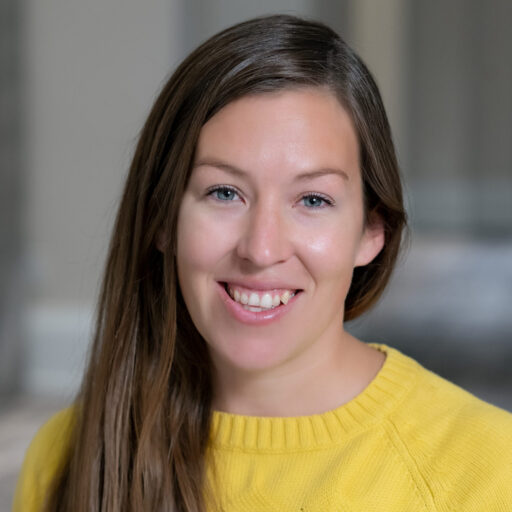In June of 2023, thanks to funding from the Knowles Teacher Initiative, I attended a science and nature writing workshop in upstate New York with a slew of veritable geniuses. My workshop leader was the inimitable poet, memoirist, and ornithologist Drew Lanham. I soaked up science stories and storytelling methods under the oak boughs. Towards the end of the week, Drew asked us to write a short piece about why we write. I wrote this fast, words pouring out, sitting cross-legged by a pond. In the end, it was as much why I teach as why I write, and when I read it aloud to my workshop peers the following day, I unexpectedly found tears rolling down my cheeks once I finished.
There Is Joy And Beauty Here
I am only three years into teaching
and already I understand that many teachers are complainers
(and yes, I’m among them).
There is always something.
In the cramped copy room before the first bell rings, we lean against the shelves of copy paper
and find things to complain about.
My coffee hasn’t even cooled yet.
I am only three years into teaching
and already I find the reactions I get to telling people I’m a high school science teacher
are often similar to the ones I get when I tell people I grew up in Detroit:
aww-you-poor-thing-sympathy,
oh, you dweller in rock-bottom-desperation,
followed by a startle,
a wait,
oh, wait,
you’re saying you love it?
You’re saying there’s joy and beauty there?
I want to write about teaching
because it’s complicated.
I want to write about teaching
for the very many teachers I love and learn from,
and who love these weird and wonderful young people we spend our days with
for the complex, complete human beings they are.
And I want to write about teaching
for the masses who see us as down in the trenches,
putting in the hours for kids-these-days,
where are their parents,
do they ever look up from their phones,
oh you poor thing,
oh you selfless, sacrificial holding your nose and doing the good work,
you all deserve medals (the “medals”, let’s note, are rarely forthcoming.)
Don’t get me wrong; we’ll take more pay, more windows, more gardens, more time.
But there is laughter, and music, and creativity, and hope in this work.
There is nothing-matters-more in this work
and there are moments of pure and delightful absurdity in this work.
There is reckoning with pain and ugliness as a community,
there is dancing,
there is surprise
and wonder
and revelation.
There is exploring plants and bugs with all five of our senses—
yes, all five, yes, bugs too.
There is, “Can I show you this thing I made?”
There is, “Can I ask you a question?”
There is, “But what if I tried it this way?”
There is, “Oh my God, guess what just happened?”
There is being humbled.
I am only three years into teaching, and already I know: kids these days
are amazing.
Can I ever do enough to deserve the magnificent privilege of being in their presence?
Can I start
to try
to put it all into words?
There is such joy here. There is such beauty.
Liz Dengate teaches environmental science and environmental justice at the School of Environmental Studies, a public high school in a Twin Cities suburb in Minnesota. She gets to teach alongside and learn from an incredible interdisciplinary team of teachers. Liz loves to get outside with students, try to grow things, and look at bugs. Her goal is to give space to her students both for grappling with issues of justice and injustice and for joy and celebration. Follow her on Instagram @eedengate. You can reach Liz at liz.dengate@knowlesteachers.org.


